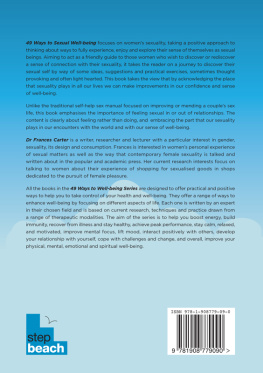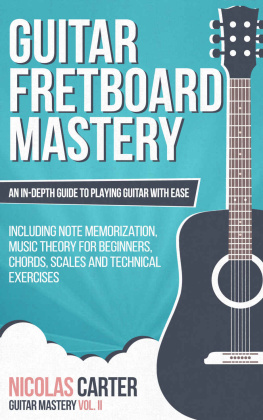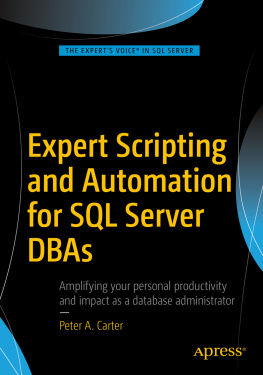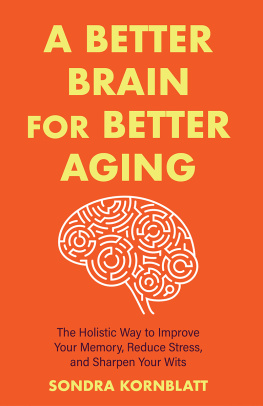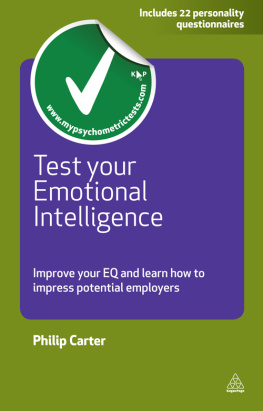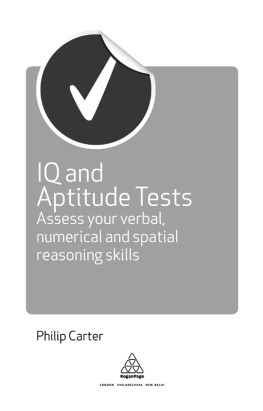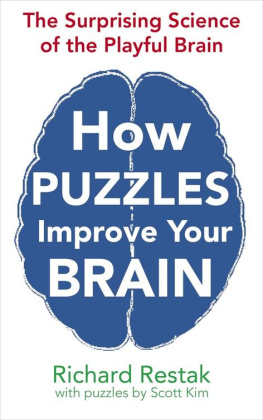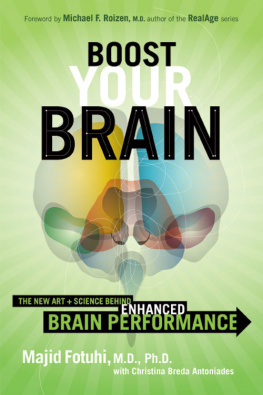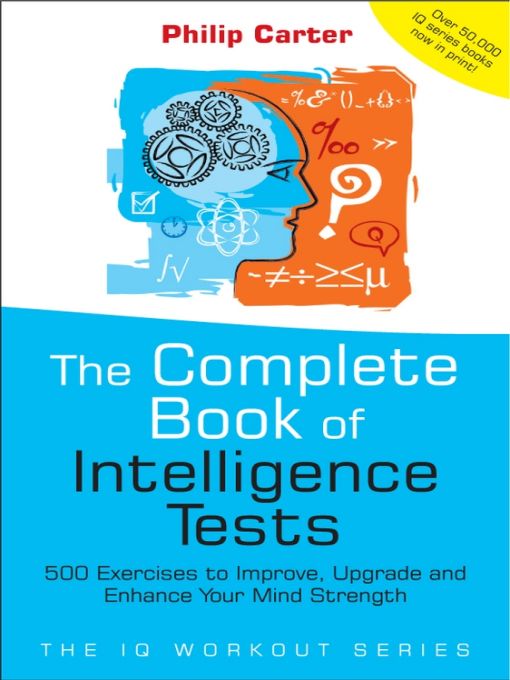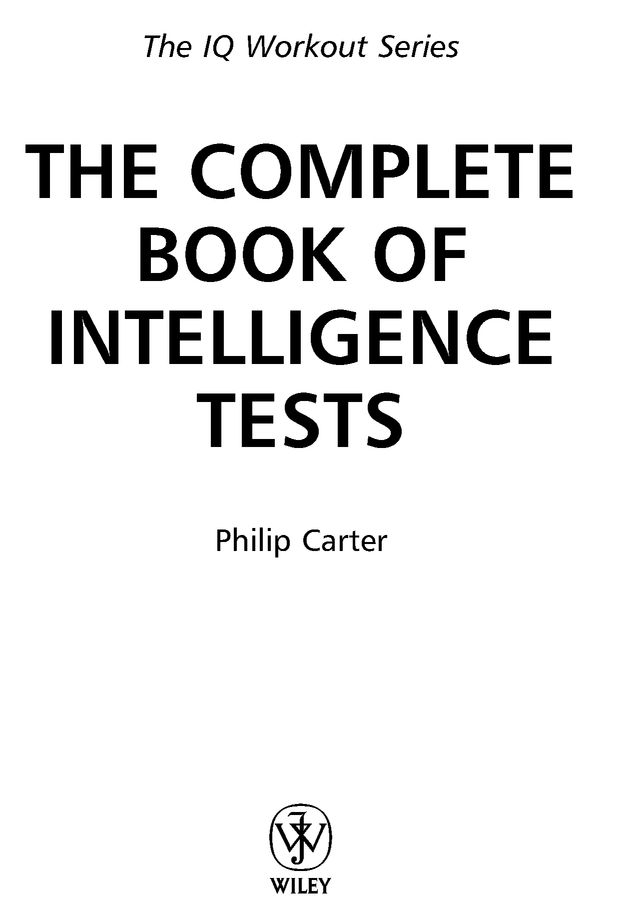Table of Contents
Introduction
Intelligence may be narrowly defined as the capacity to acquire knowledge and understanding, and use it in different novel situations. It is this ability, or capacity, which enables the individual to deal with real situations and profit intellectually from sensory experience.
A test of intelligence is designed to formally study, under test conditions, the success of an individual in adapting to a specific situation.
There are a number of different methods which purport to measure intelligence, the most famous of which is the IQ, or intelligence quotient test. In the formation of such tests many psychologists treat intelligence as a general ability operating as a common factor in a wide variety of aptitudes.
Whilst many IQ tests measure a variety of different types of ability such as verbal, mathematical, spatial and reasoning skills, there is now a second school of thought in which it is believed that the earlier definitions of intelligence may be too simplistic.
It is now becoming increasingly recognised that there are many different types of intelligence and that a high measured IQ, although desirable, is not the only key to success in life. Other characteristics, such as outstanding artistic, creative or practical prowess, especially if combined with personal characteristics such as ambition, good temperament and compassion, could result in an outstanding level of success despite a low measured IQ. It is because of this that in recent years CQ (creative quotient) and EQ (emotional quotient), to name just two examples, have come to be regarded as equally important as, or even more important than, IQ measurement.
It should also be pointed out that having a high IQ does not mean that one has a good memory. A good memory is yet another type of intelligence, and could result in high academic success despite a low measured IQ test score.
The object of this book is to identify different types of intelligence and bring together tests for different aspects of intelligence into one book, and provide an objective assessment of abilities in a number of different disciplines.
This will, therefore, give readers the opportunity to identify their own strengths and weaknesses and thus enable readers to build on their strengths and work at improving their performance in areas of weakness.
As well as the identifying of such strengths and weaknesses, the tests and exercises in this book perform another important function, that of using and exercising the brain.
Despite the enormous capacity of the brain, we only use on average 2% of our potential brainpower. There is, therefore, the potential for each of us to expand our brainpower considerably.
It is important that we continually use our brain, for example, the more we practise at tests of verbal aptitude, the more we increase our ability to understand the meaning of words and use them effectively; the more we practise at mathematics, the more confident we become when working with numbers; and the more we practise our ability to move our fingers and manipulate small objects, the more dextrous we become at operations involving this type of aptitude.
Our brain is undoubtedly our greatest asset, yet, for most of us, it is the part of the body we most take for granted.
Our brain needs exercise and care in the same way as other parts of the body. We eat the right foods to keep our heart healthy, we moisturise our skin to keep it from drying out and, just as gymnasts strive to increase their performance at whatever level they are competing, by means of punishing training schedules and refinement of technique, there are exercises, or mental gymnastics, we can do to increase the performance of our brain and enhance quickness of thought.
Many people still have the outdated belief that there is little they can do to improve the brain they are born with and that brain cells continually degenerate with age, but in fact our brain cells continually develop new and stronger connections and adult brains can grow new cells, irrespective of age.
We should all be aware that we have the capacity to put our brain to even more use and unleash many hitherto untapped creative talents by continually exploring new avenues, experiences and learning adventures. By continually exploiting our enormous brain potential, we all have the ability to make more and stronger connections between our nerve cells, with the result that not only our mental but also our physical long-term well-being will improve.
Whilst the aim of the tests and exercises is therefore two-fold, that of identifying individual strengths and weaknesses and that of exercising the brain, they are at the same time, and equally importantly, designed to provide fun and entertainment to those who take them.
Aspects of intelligence
Although it is difficult to define intelligence, indeed it appears to have no formal definition, there is, nevertheless, at least one particularly apposite definition: the capacity to learn and understand.
Scores from standardised intelligence tests (IQ scores) are often used to define ones intelligence level. It is, however, becoming increasingly accepted that they do not reveal the complete picture and only provide a snapshot of a persons ability in the area under examination, so that, for example, someone who has scored highly on a verbal test can only be said to have a high verbal IQ and someone who has scored highly on a mathematical test can only be said to have a high numerical IQ. Obviously, therefore, the more different types of disciplines that are tested and examined, the more accurately the intelligence level of the individual can be assessed.
Whilst IQ testing is broadly based on the principle of a measurable and genetically inherited intelligence that is cast in stone for every individual and does not increase throughout adulthood, there is now another school of thought which believes there are many more different types of intelligences, some of which could be as a result of our upbringing and development and some of which could be the result of a natural talent with which we are born.
The concept of general intelligence, or g, was devised in the early twentieth century by the English psychologist Charles Spearman, who established g as a measure of performance in a variety of tests.
Spearmans research led him to the conclusion that the same people who performed well in a variety of mental tasks tended to use a part of the brain that he termed g. The g factor, therefore, laid the foundation for the concept of a single intelligence, and the belief that this single, and measurable, intelligence enables us to perform tasks of mental ability.
Recent studies have to a certain extent reinforced Spearmans theory, and research has found that the lateral prefrontal cortex is the only area of the brain where an increase in blood flow takes place when volunteers tackle complicated puzzles.
Despite this, Spearmans concept remains highly controversial and is becoming increasingly challenged by those who claim that the concept of a single overall intelligence is too simplistic.
At the same time, there is a body of research whose findings suggest that our mental ability is not determined by biological inheritance, but as the result of social factors such as education and upbringing.





